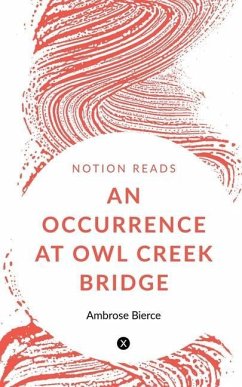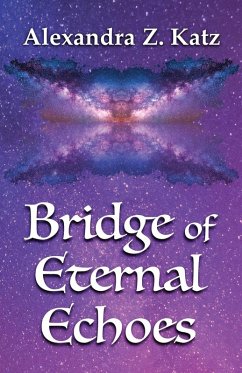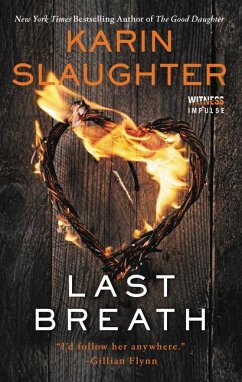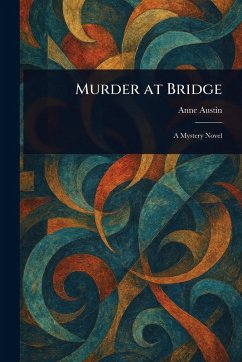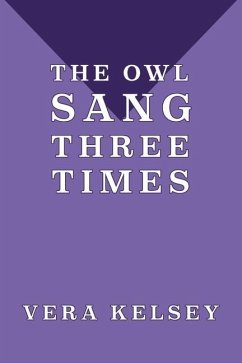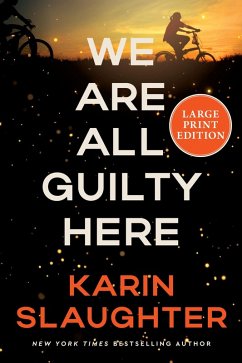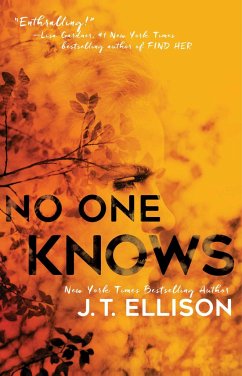
An Occurrence at Owl Creek Bridge
Versandkostenfrei!
Versandfertig in über 4 Wochen
11,99 €
inkl. MwSt.

PAYBACK Punkte
6 °P sammeln!
Classic Books Library presents this brand new edition of the short story, "An Occurrence at Owl Creek Bridge" (1890) by Ambrose Bierce. In this text Bierce creatively uses both structure and content to explore the concept of time, from present to past, and reflecting its transitional and illusive qualities. The story is one of Bierce's most popular and acclaimed works, alongside "The Devil's Dictionary" (1911). Bierce (1842-c. 1914) was an American writer, journalist and Civil War veteran associated with the realism literary movement. His writing is noted for its cynical, brooding tones and st...
Classic Books Library presents this brand new edition of the short story, "An Occurrence at Owl Creek Bridge" (1890) by Ambrose Bierce. In this text Bierce creatively uses both structure and content to explore the concept of time, from present to past, and reflecting its transitional and illusive qualities. The story is one of Bierce's most popular and acclaimed works, alongside "The Devil's Dictionary" (1911). Bierce (1842-c. 1914) was an American writer, journalist and Civil War veteran associated with the realism literary movement. His writing is noted for its cynical, brooding tones and structural precision.



